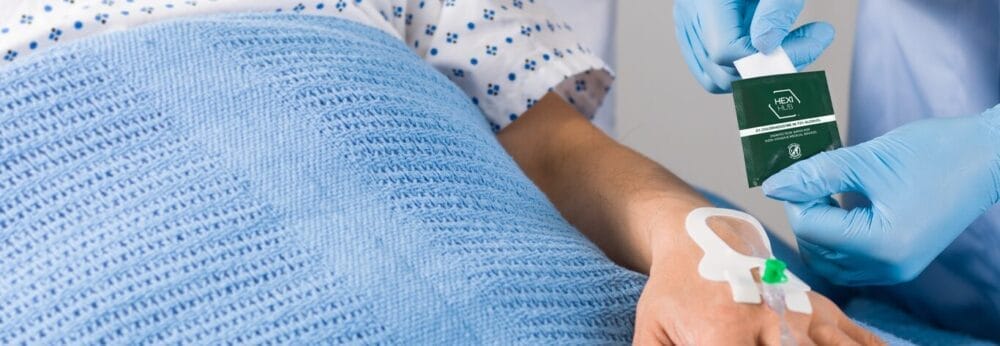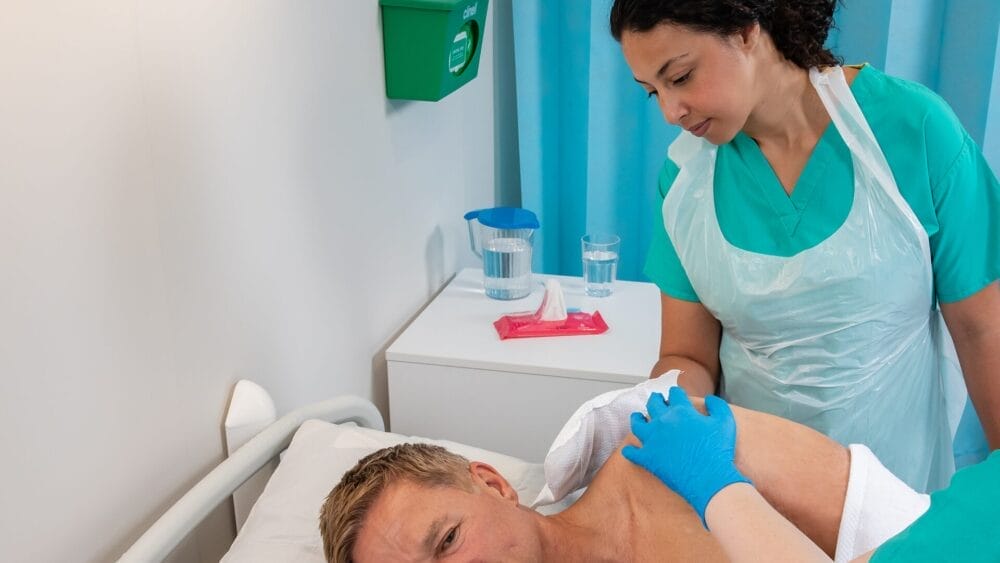Posted
3rd July 2015
Research
An oral abstract presented (click here for the full report) at APIC 2015 in Nashville in the last week has added to the burgeoning pile of evidence supporting the use of 2% Chlorhexidine wipes in reducing healthcare-associated infections. The paper reported that there was a 59% reduction in Paediatric Central Line-Associated Bloodstream Infection (CLABSI) during the study period. What is interesting about this study is that compliance with the intervention over the course of the study was reported, something that is rarely done. Compliance increased from 45% to 81% during the six-month study period. Significantly, the intervention was demonstrated to be effective even though by the end of the study one in five patients did not receive it. This brings into question our understanding of compliance with research protocols, so poorly reported when study results are published. The researchers estimated potential cost savings of $297,999 over the six-month implementation period. Are staff made aware of the financial aspect of what they are doing in addition to a human one?
If the intervention was significantly effective even when not universally applied, what would the results have been if there had been 100% compliance. How many studies do not reach significance and are deemed to be ineffective because of a low level of compliance with the planned intervention? It would also be interesting to know what the reasons were for the level of compliance with the intervention. Was this poor staff engagement, a lack of understanding of the rationales for the study, practical issues like product unavailability or staff shortage so that the replacements were unaware of the study or patient-specific issues?It would be very interesting to see a lack of ‘success’ in a planned intervention examined in this way so that lessons can be learnt and shared to optimise the outputs of research. It is difficult enough to plan and implement a research study. To see it fail because of a lack of compliance with the research protocol is something that should be avoided at all costs.
SHARE THIS ARTICLE
Tags
Latest News
Embracing sustainability and cost savings: The journey of Clinell Indicator Notes to paper-based solutions
At GAMA Healthcare, we’ve always prided ourselves on being at…
Introducing HEXI HUB: A seamless transition in our product line
We’re pleased to announce an update to our product offering…
Innovative solutions for tackling Carbapenemase-producing Enterobacteriaceae (CPE) at King’s College Hospitals
King’s College Hospital NHS Foundation Trust, one of London’s largest…
Gloves Off: reducing unnecessary plastic waste during environmental cleaning and disinfection
In this blog, Dr Phil Norville discusses the momentum-gaining ‘Gloves…




